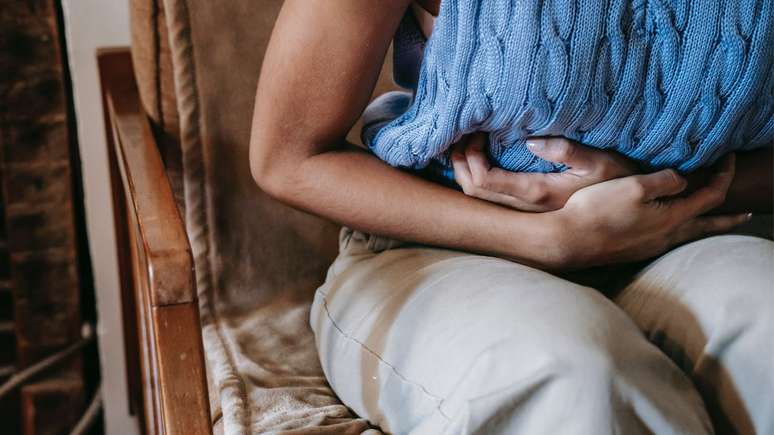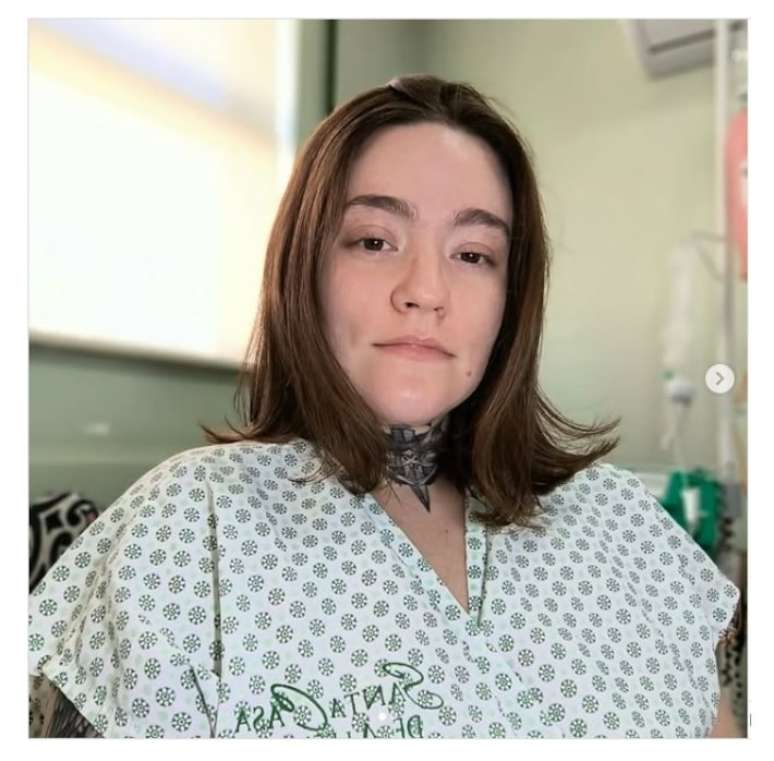People with painful periods can request benefits without a medical certificate; a similar proposal is analyzed by the Chamber
People with severe symptoms of pain and discomfort in the period can if leave for up to two days per month of his work within Grupo Mol, a company dedicated to accelerating the culture of giving based in São Paulo (SP). With the advantage, the days are not discounted and it is not necessary to present a medical certificate.
The company has 84% of women in a team of 55 employees. To request menstrual leave, just communicate with the team manager or with HR (Human Resources). “It is defined within the team which people are able to absorb the urgent requests, which would be carried out by the person”, explained Roberta Faria, co-founder of Mol, at the Earth.
The official menstrual license was born from a team of women who sometimes asked to be issued on days when the periods were very uncomfortable or painful. “We have already practiced it informally. When we read the news that the legislation had been approved in Spain, we thought it would be a good opportunity to adopt the benefit internally.”
Roberta refers to the law passed by the Spanish Congress which authorizes people with a uterus to take menstrual leave from work if they have severe menstrual cramps, classifying it as a “temporary disability”. Similar legislation also exists in Japan and South Korea.
Is it in Brazil?
Here it may still take some time to have legislation on the matter at national level. There is a proposal being examined by the Chamber of Deputies, which inserts the provision in the Consolidated Text of Labor Laws (Clt).
According to information from the Chamber of Deputies, Ddl 1249/22 guarantees a leave of three consecutive days, every month, for women experiencing severe symptoms associated with menstrual flow. Leave will take place without prejudice to pay.
The author of the proposal is the deputy Jandira Feghali (PCdoB-RJ). Emphasize that, for most women, the menstrual period is characterized by symptoms of mild to medium intensity such as cramps, malaise, headache or migraine. “However, around 15 percent of women face severe symptoms, with severe lower abdominal pain and intense cramping, often impacting their routine,” she points out.

Source: Terra
Ben Stock is a lifestyle journalist and author at Gossipify. He writes about topics such as health, wellness, travel, food and home decor. He provides practical advice and inspiration to improve well-being, keeps readers up to date with latest lifestyle news and trends, known for his engaging writing style, in-depth analysis and unique perspectives.








